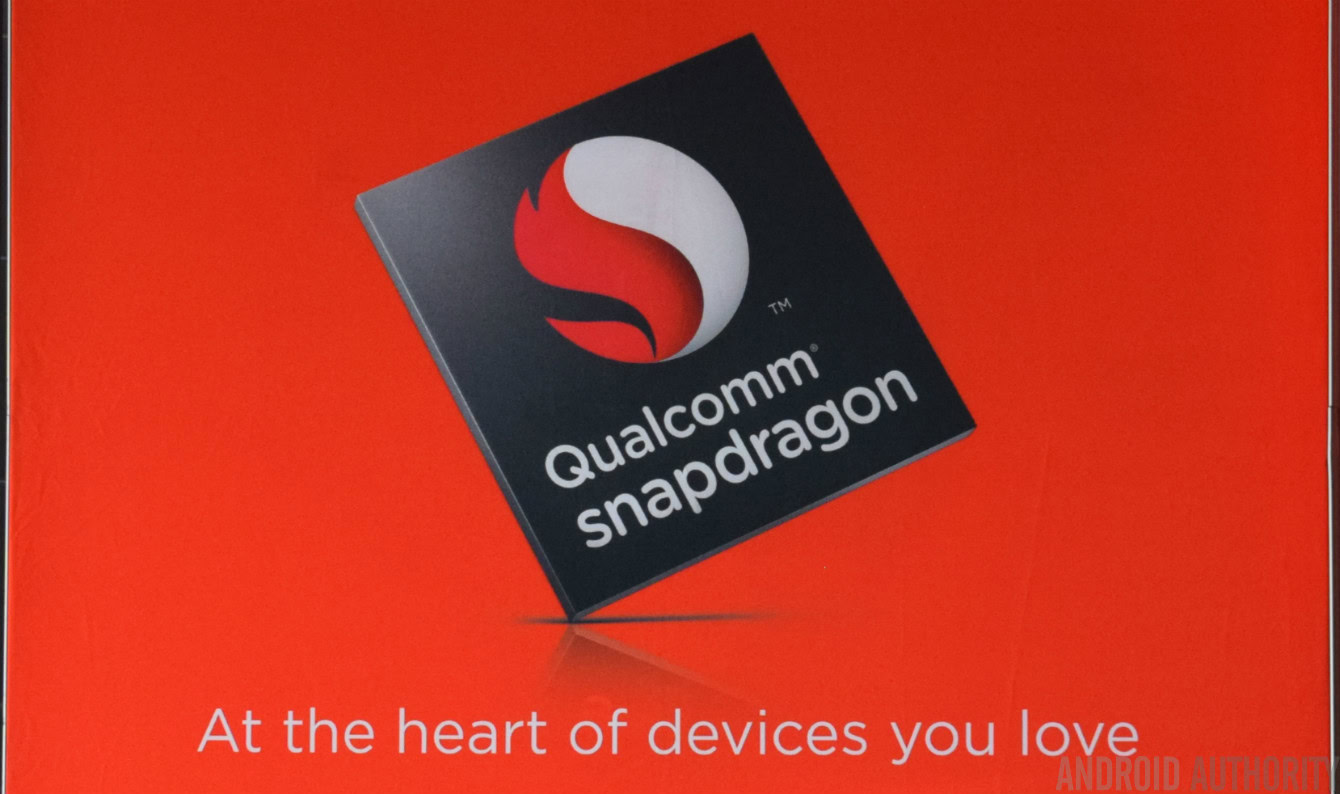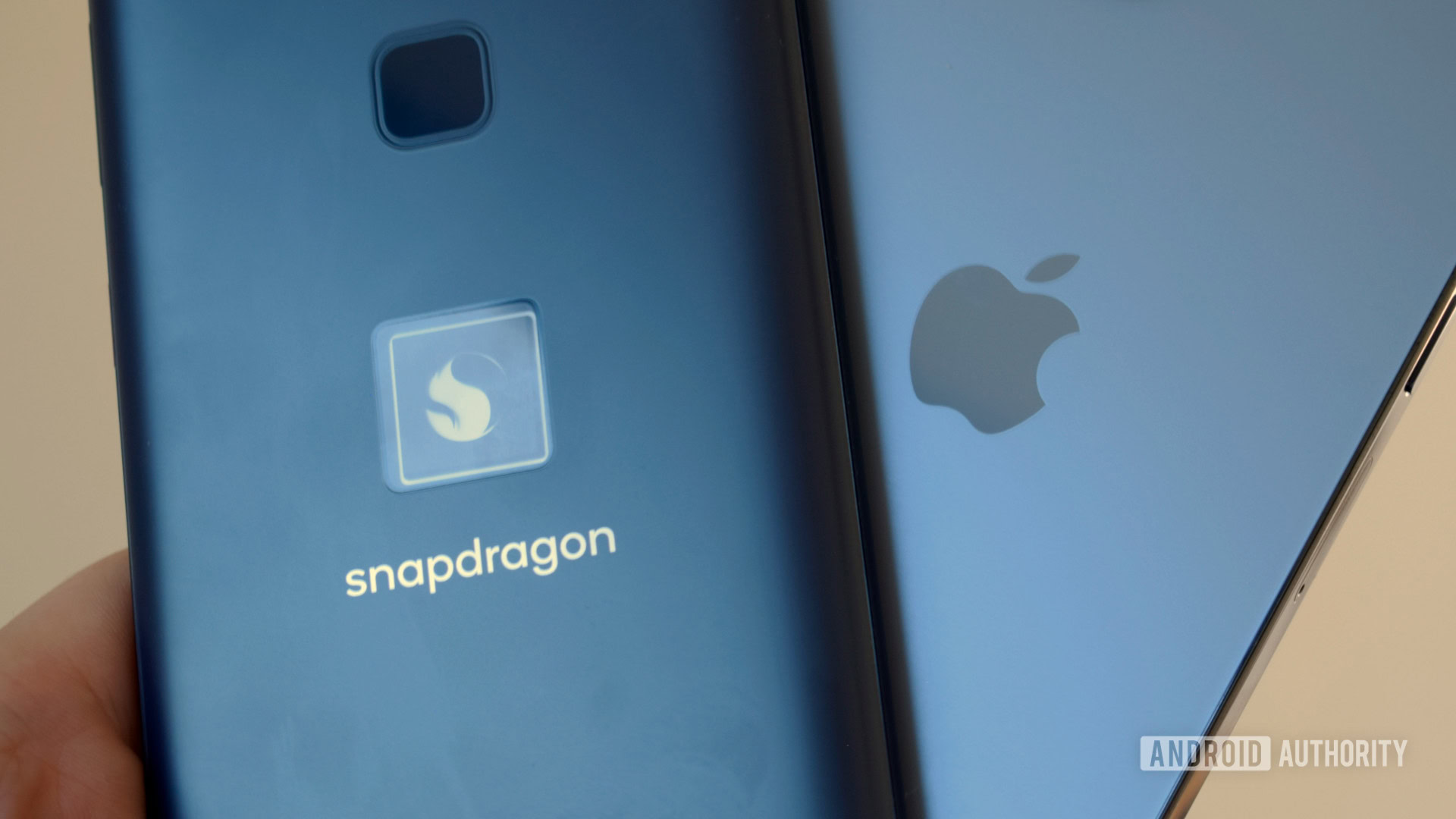Affiliate links on Android Authority may earn us a commission. Learn more.
Apple countersuit alleges Qualcomm infringed battery life patents for Snapdragon 820, 800

The bad blood and ongoing legal scuffle between Apple and Qualcomm is in the news again today after the iPhone-maker submitted a patent infringement suit targeting two of Qualcomm’s flagship processors.
According to a Reuters report, Apple has accused Qualcomm of infringing eight of its patents related to battery efficiency. The patents in question relate to technologies that regulate power usage by turning off parts of the processor when they are not in use.
The suit mainly focuses on the Snapdragon 800 and Snapdragon 820. The two processors have since been superseded by superior chipsets, but you only have to take a trip back to last year to find Snapdragon 820-powered flagship phones like the Samsung Galaxy S7 and S7 Edge, LG V20, and HTC 10, to name but a small handful.
Qualcomm has yet to respond to the filing, but it’s already fairly clear where the San Diego company stands on the matter. In fact, this new legal battle is essentially a countersuit to Qualcomm’s own battery patent infringement case brought against Apple back in July.

The bitter relationship between the two industry giants extends far beyond mere battery patents, however. It all kicked off in January when Apple levied a $1 billion lawsuit against Qualcomm accusing the company of price gouging and anti-competitive practices.
The chipmaker later countersued, sought injunctions to halt the sale of iPhones in multiple countries, and, most recently, alleged the Cupertino firm shared proprietary Qualcomm technologies with its market rival, Intel.
Something tells me this won’t be the last lawsuit we see the two companies throw at each other in the months (if not years) to come.